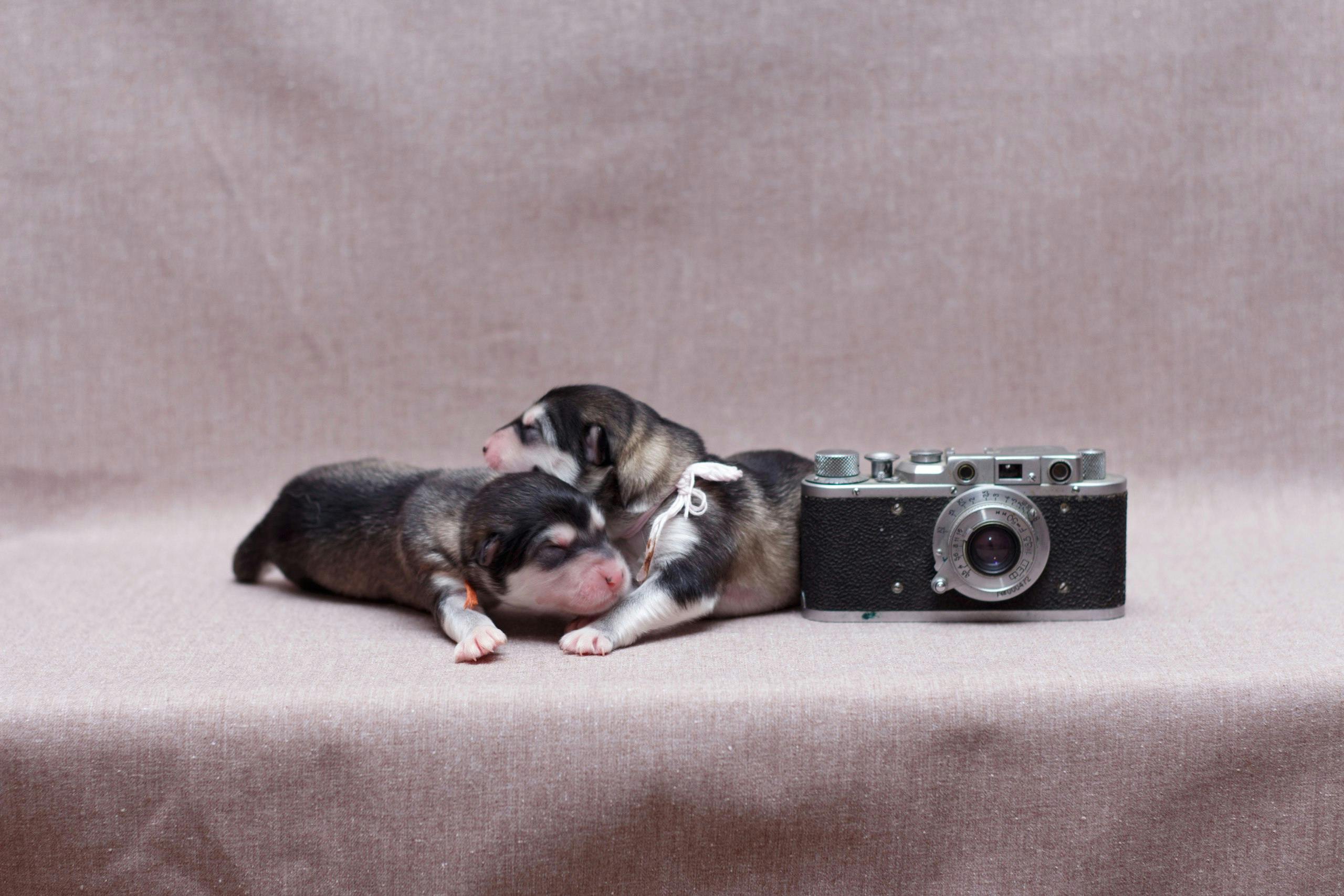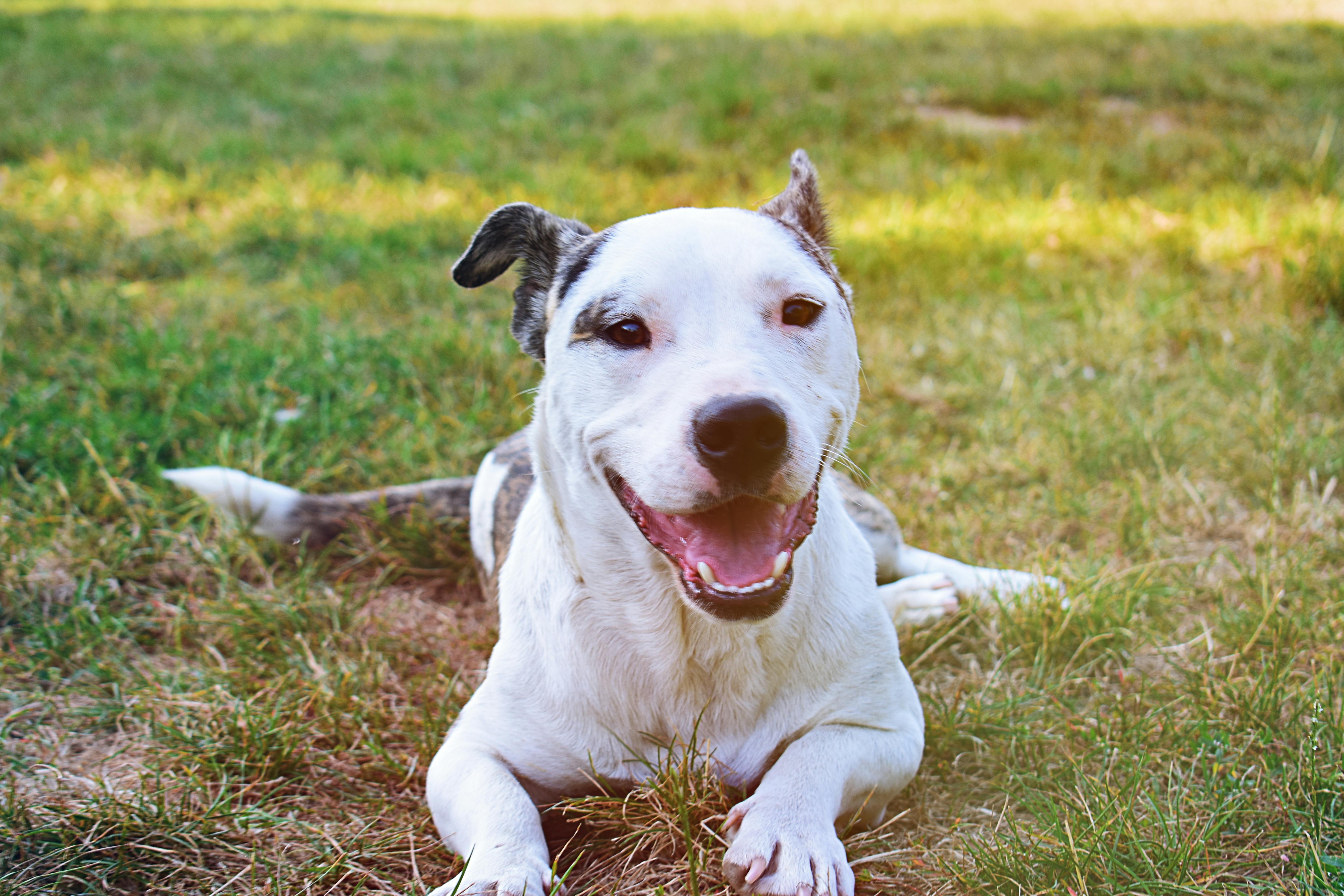If you’re thinking of raising a small herd of pigs, you don’t need to spend a small fortune building pig sheds. Creating an ideal home can require a large initial expense if permanent facilities are built. While this can be cost effective for large animal husbandry facilities, for smaller equipment the cost of building concrete or brick structures can be prohibitively expensive.
To keep pigs indoors, housing facilities must have concrete or slatted floors. If you don’t have existing buildings that can be easily reused, new custom pig shelters will need to be built. The most cost-effective solution is often to build temporary or semi-permanent outdoor pig shelters using inexpensive raw materials.
There are two main options to choose from:
-
Create small pig shelters to use in an outdoor paddock to raise free range pigs
-
Create larger housing facilities with pens for individuals and groups
Free range pigs can be bred if large enough paddocks can be created. Areas should be provided to allow animals to forage and wallow and live as natural a life as possible. Small shelters can then be used to keep the animals warm, dry and comfortable. One of the main advantages of creating small portable pens for two or three pigs is that they can be easily moved to different areas of the paddock as manure accumulates. Unfortunately, many smallholdings and farms lack the space or have enough suitable land to make this type of business profitable.
Larger semi-permanent pig shelters can be built quickly, easily, and at relatively low cost. These living facilities typically consist of a lightweight frame covered with semi-transparent polyethylene fabric, the same material used to create bunker covers, mine shelters, and truck tarps. This highly versatile material provides 100% protection from rain and wind and shade to allow pigs to escape the heat of the sun. One disadvantage of the material is that it degrades when exposed to sunlight, so it is essential that the material be treated to resist UV degradation. Without this treatment, the tissue quickly becomes brittle. After treatment it will resist degradation for many years.
Polytarp can be easily stretched over a lightweight frame and used to create large housing facilities for hundreds of animals, and is often used in mine shelters to keep humans protected from the elements and for bunker covers to protect crops. The material is easy to handle and the shelters can be built on site with minimal labor or lifting equipment costs.
Each end is open to encourage airflow and help create a healthy environment. Pens can easily be added to segregate animals or larger areas can be created to house small herds. Pigs housed in this type of facility do not need concrete or slatted floors and floor preparation is quick and easy. All that is needed is a deep bedding soil, which can consist of a few inches of straw, rice hulls, or sawdust.
In summer, the open and airy layout is perfect for keeping pigs cool. In winter, additional insulation may be required to improve heat retention. Thermal covers, also made of polyethylene, can be easily attached to the shelters and removed and stored in the warmer months.
So whether you’re looking to create a small pigsty or want to house large herds, polythene shelters can save a small fortune and still provide ideal conditions for your animals.



